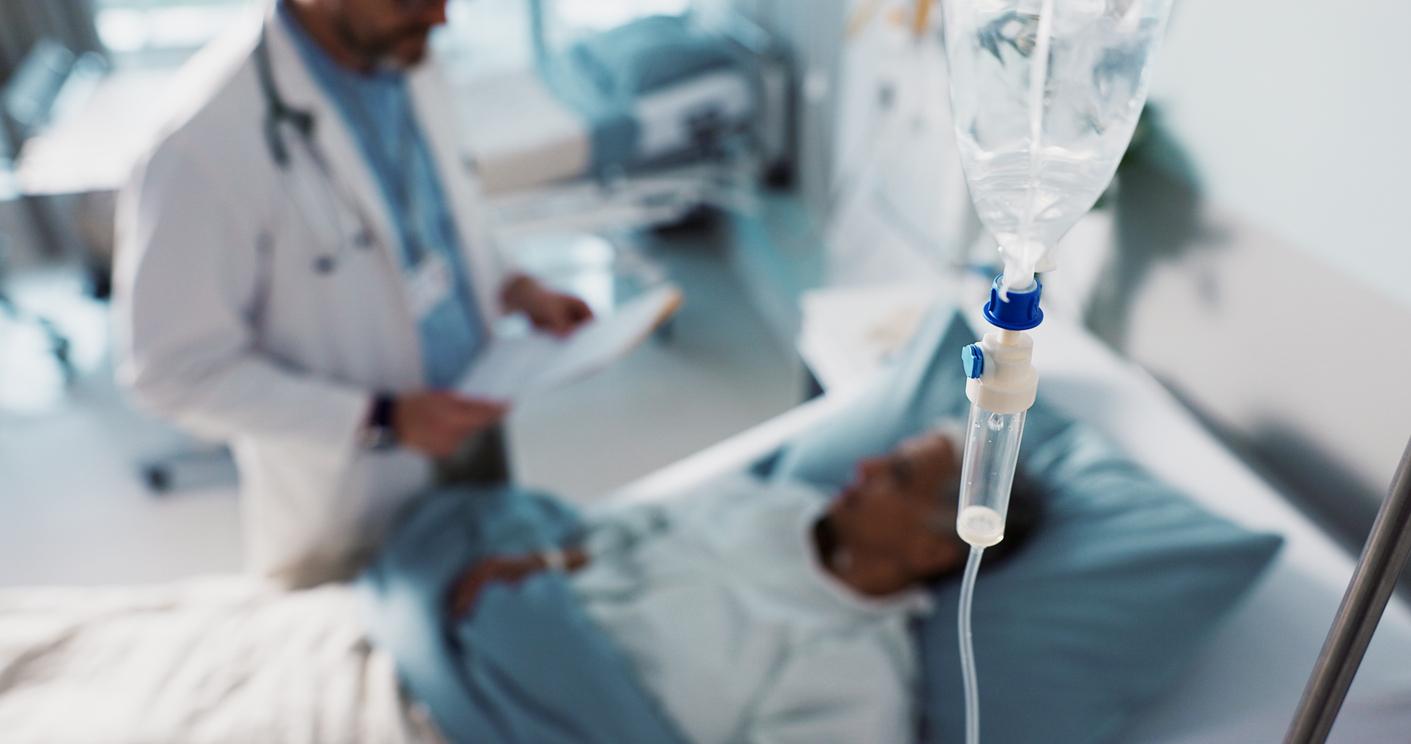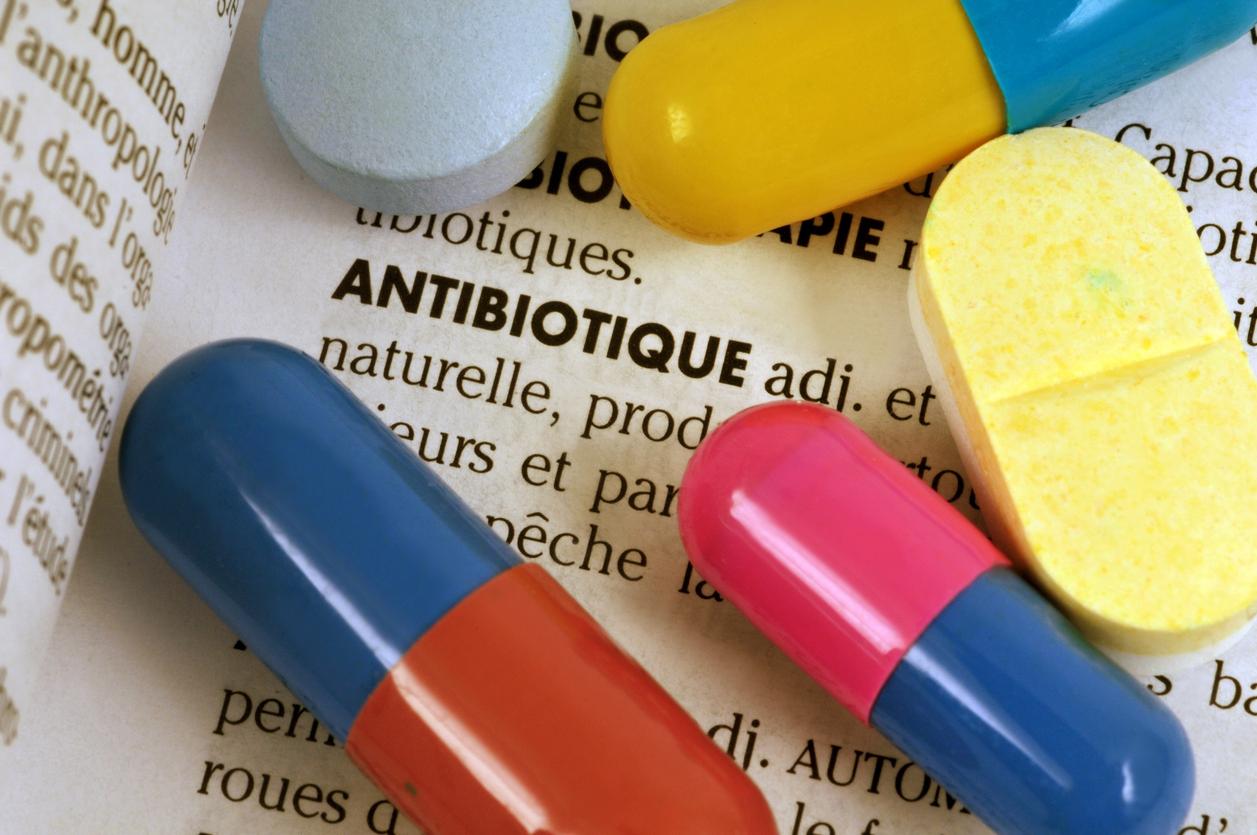A major subject of concern for the French, the fuel shortage pushes the French to behaviors dangerous to their health. “In October 2022, the Poison Control Centers recorded more than five times more poisonings by siphoning petroleum fuels than the number usually reported.indicates ANSES in a communicated published this October 28, 2022.
This practice consists of emptying the tank of a vehicle by sucking its fuel through the mouth using a hose. Its contents can then be transferred to another container, such as a jerrycan, and then filled in another vehicle.
If this technique is first of all illegal – it is forbidden to steal fuel from a vehicle that is not yours – it is also not without health consequences. In effect, “by sucking into the pipe, a small amount of fuel can be ingested“, indicates ANSES, and even a very small quantity of fuel whatever it is (gasoline or diesel) can be enough to cause intoxication.
The month of October therefore marks a sharp increase, especially between October 9 and 18, a period when up to a third of the country’s service stations ran out of fuel. The fuel was siphoned from road vehicle tanks, even agricultural machinery or garden equipment such as lawnmowers.
What happens if fuel is ingested?
The ingestion of petroleum fuels promotes false routes, with serious consequences on the bronchi. These poisonings can cause inhalation pneumopathy, the first signs of which will be the appearance of fever or a prolonged cough.
Digestive symptoms may also be experienced such as gastric reflux, abdominal pain, nausea and vomiting, along with neurological symptoms such as headache, drowsiness or dizziness.
What to do in case of ingestion?
In the event of fuel ingestion following siphoning, ANSES recommends:
- Don’t make yourself vomitto prevent the passage of fuel into the bronchi and lungs;
- Do not drink to avoid the risk of vomiting;
- Rinse mouth with water;
- Do not engage in risky activities such as driving or using machine tools, due to impaired alertness;
- Monitor respiratory symptoms (cough, fever, shortness of breath) which may be delayed;
- In case of skin contact, wash hands with soap and rinse skin.
In the event of a life-threatening emergency (respiratory distress, loss of consciousness), call 15 or 112 or 114 for deaf and hard of hearing people. For all other emergencies, contact a poison control center or seek medical attention.
Source :
- Fuel siphoning: beware of the risk of poisoning, ANSES, 28 October 2022
















